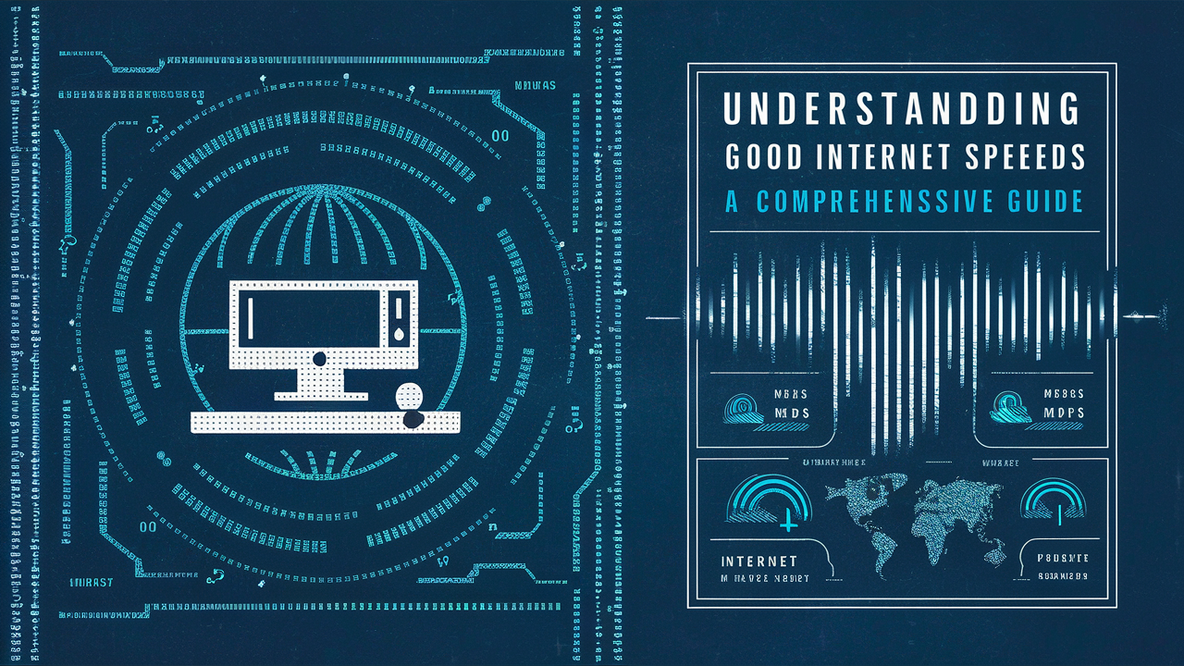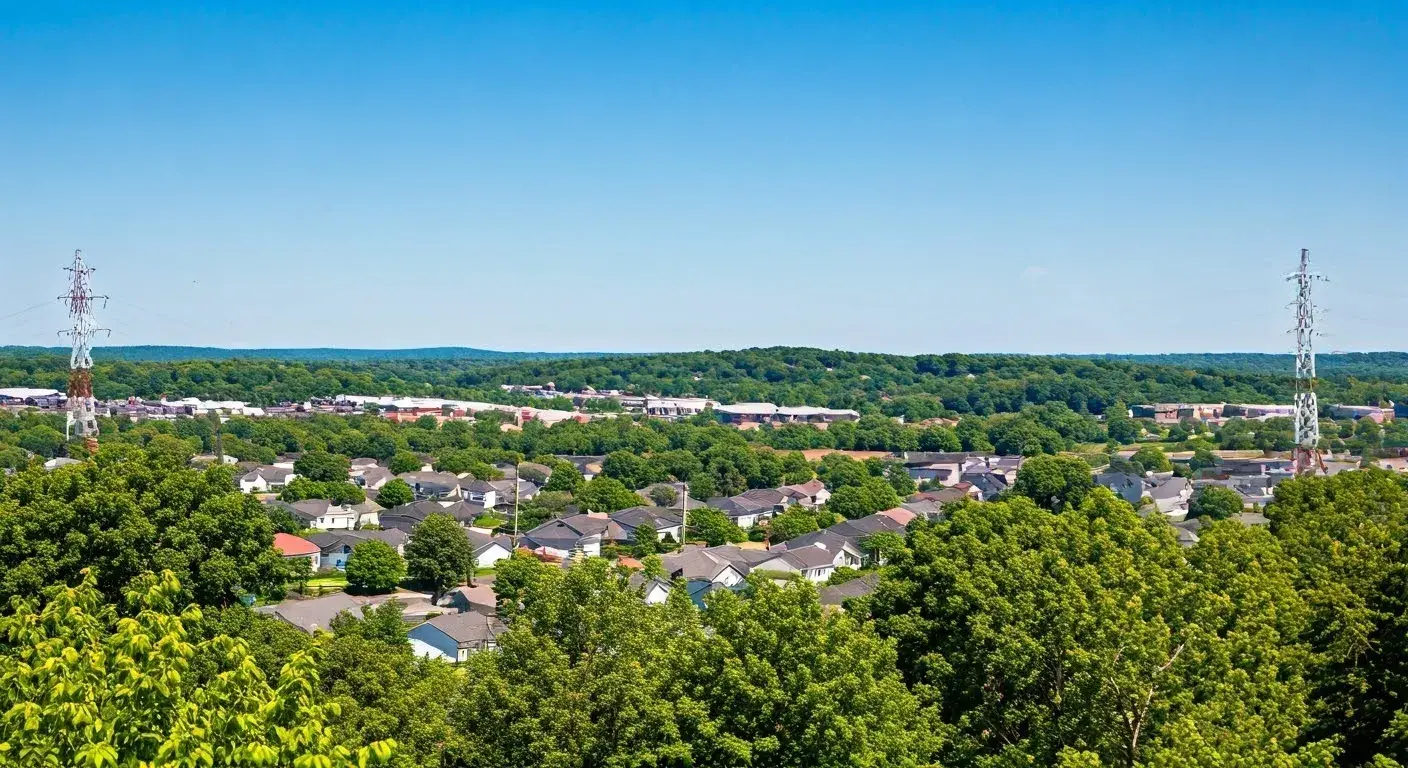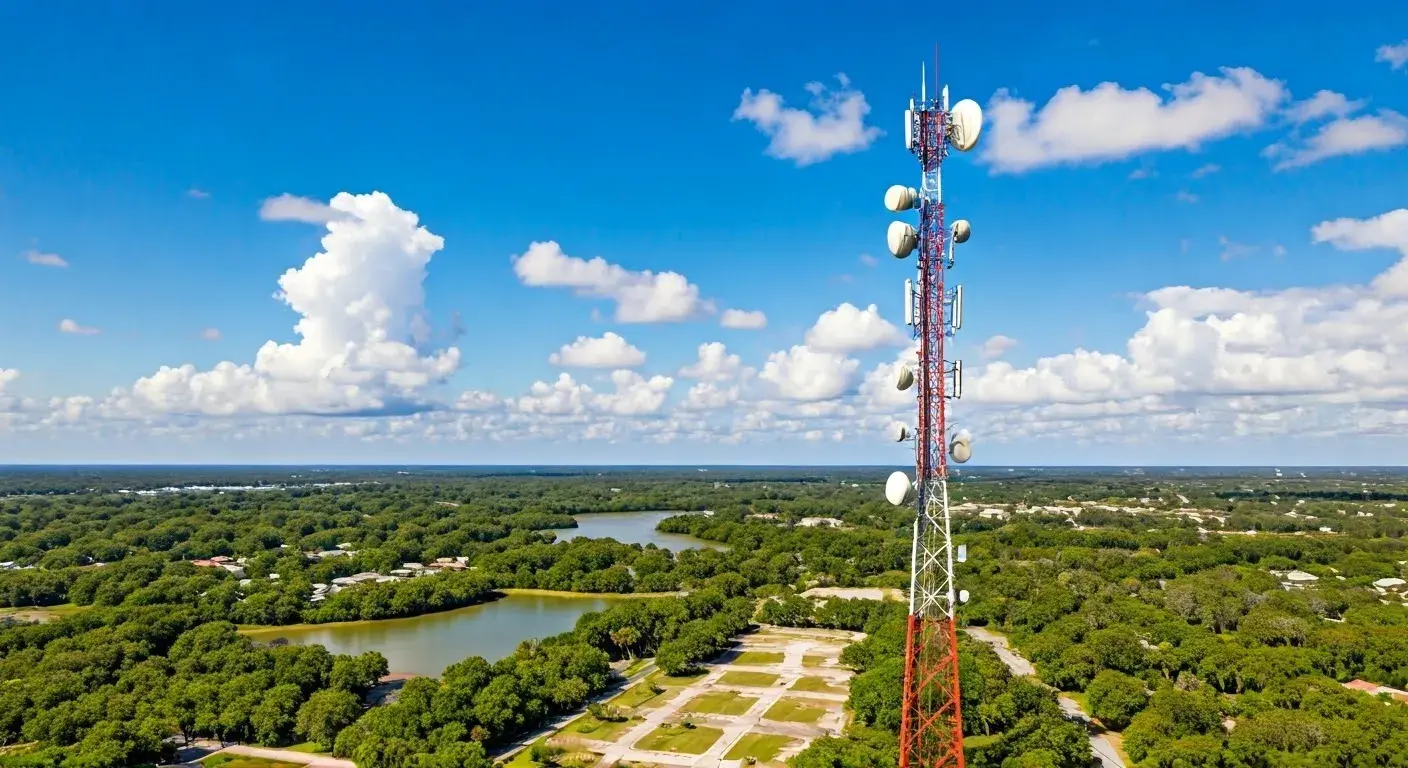
Understanding Good Internet Speeds: A History
Introduction
For one, having a good internet connection is essential in the current world that is increasingly characterized by the use of the internet. The Internet is a necessity in our lives; we use it for work, entertainment, and communication purposes, among others. But what kind of internet speed can be considered good and is it possible to have a universal standard for that? It is also not bad for one to be in a position to know what speed he or she wants after realizing that there are so many service providers out there advertising so many speeds. This is a complete guide that seeks to inform the reader on how internet speeds work so that he or she can select the right plan for his or her internet usage.
What is Internet Speed?
Internet speed is the amount of data that is processed in a given time between the device (desktop, laptop, mobile phone, etc) and the Internet. It is defined by the speed at which you download or upload files, watch videos, make video calls, game online, and do other activities online. Internet access speed is measured in terms of megabits per second (Mbps).
This means that while download speed is important, upload speed is equally important too.
Two components of internet speed are important to understand:
Download Speed – This refers to the rate you can access data from the internet to your device. Your download speed determines the time it takes to check emails, browse websites, stream a video, and download a file.
Upload Speed: This refers to the rate or speed at which a user can upload data from his/her device to the internet. Browsing photos/videos, video calling, and remote gaming rely on your upload speed.
In most of the common activities Download speed is much more critical than the upload speed. However, both are essential in making good internet connections or having a good internet connection.
Speed is important in every aspect of life, and knowing what speed you require will help you in the choices you make in the future.
Okay, let’s find out what counts as good internet speeds in the first place. When it comes to the amount of options that are available at your disposal, the question arises as to how one decides on what internet speed one needs. Here are some general guidelines based on typical household internet usage:
Light Internet Use
This will involve general Internet use such as mainly browsing through different web pages, opening emails, and minimal use of streaming services like listening to music or watching videos.
Recommended Speed: 25-75Mbps download/ 3-5Mbps upload
Moderate Internet Use
Light use, occasional media consumption, and personal document transfer between several gadgets at once. Can contain some rare downloading of large files or certain online gaming occasionally.
Recommended Speed: 75–100 Mbps download/5–10 Mbps upload
Heavy Internet Use
Downloading, and playing videos and games on multiple devices; face-to-face communication through applications such as Skype often; transferring files and using high-quality videos on social networks regularly.
Recommended Speed: 100 – 200 Mbps download speed/10 – 20 Mbps upload speed
Extreme Internet Use
Linking multiple devices and high-performance operations including video conferences, live streaming video gaming, and VR gaming to be always on.
Recommended Speed: Download speed of 500 – 1000 Mbps / upload speed of 25 – 50 Mbps
It is important to point out that the mentioned speed guidelines are relevant to cable, DSL, or fiber internet connection. While satellite signal data and mobile data network data may have similar average speeds, the maximum speeds can differ quite much.
Thus, it is essential to remember that internet speeds such as ‘up to 100Mbps’ mean that it is the highest that you can get. The real speed will also vary depending on the equipment used, the same volume of traffic on the network, and the number of subscribers connected to the connection. Therefore, try not to let yourself be fooled by the promised speeds and pay more attention to which provider and tariff are best for your usage of the internet.
Factors Affecting Internet Speeds
Various technical factors influence the actual internet speeds delivered:
Type of Connection
The physical layer structure of the network determines the maximum possible speeds it can achieve. Cable and DSL employ utilizing present telephone or TV wires and therefore restrict speeds. New pipelines for fiber optics are faster than before.
Network Capacity
Thus, what amounts of traffic are being managed determines how much bandwidth can be granted per customer during peak traffic. If more customers are on the network, it may slow down for everyone, so it must balance this out.
Home WiFi Equipment
An old modem/router, interference, and distance from the router are some of the causes that drastically affect the speeds within your house even if the internet service provider offers good speeds. Roaming around your house will make you realize that different areas have different signal strengths therefore replacing your home network equipment is important as it ensures that the signal strength within your house is the best.
There are two main types of limits placed on data usage: Bandwidth Cap and Data Cap.
For most providers, it is possible to throttle by limiting the amount of speed available once a specific amount of data is consumed or according to the chosen tariff. To avoid fluctuating speeds throughout the month, find unlimited data plans.
Number of Connected Devices
When many devices such as laptops, tablets, phones, TVs, etc are connected at a time this can slow down the internet speeds especially when several people are using the available bandwidth.
Evaluating Providers
Now that you have established the kind of internet speeds that are suitable to your usage requirements, how do you go about choosing between different providers and plans?
Check Coverage Maps
Some internet types are not available in all areas so begin by comparing provider coverage maps for your area.
Compare Download/Upload Speeds
Concentrate on the download speeds and select the relevant plans that would provide more than 25-50% of the recommended minimum speeds to be able to provide uniform connection even during the maximum usage.
Research the Technology Infrastructure
Select newer fiber networks over old cable/DSL to avail better, unerring speed.
Check data allowance and overage charges
Choose unlimited data if possible because the speed can be throttled after the use of a specific amount of limited buckets.
Consider Pricing
Compare the speeds and the technology that supports them against the costs that are charged every month to be able to arrive at more affordable solutions. Consider starting discounts too.
Read Reviews
Speed test results are pulled from research providers and are actual in-depth reviews of the speed a customer experiences from the service.
Speed tests or implementing the speed tests
To ensure that the internet speeds provided after installation are correct, testing should be conducted on the home networks. Here are a few tips:
For testing purposes, use cables as opposed to WiFi which is not consistent.
It is also important to ensure that none of the other devices are connected to the internet while undertaking a test to get the right results.
Make several runs of the model at different times and days to smooth out any irregularities that may be experienced.
To conduct accurate and more efficient tests, it is recommended to use third-party services like Speedtest.net over the provider’s tools.
If speeds drop regularly or are always below the level published by the provider, get in touch with them immediately.
Obtaining the Proper Internet Connection Speed
Hence, the internet is very crucial in our lives today and it can be very discouraging if the speeds are poor. On the same note, using money to purchase speeds that are rarely experienced is not efficient. Here is a detailed breakdown of all the internet plans to help you overcome the thorny problem of all the technicalities. Internet speeds are well described the size of your household and the usage that you require for your home or office, and hence you will be in a position to find the right internet package for your household. Stay connected!






